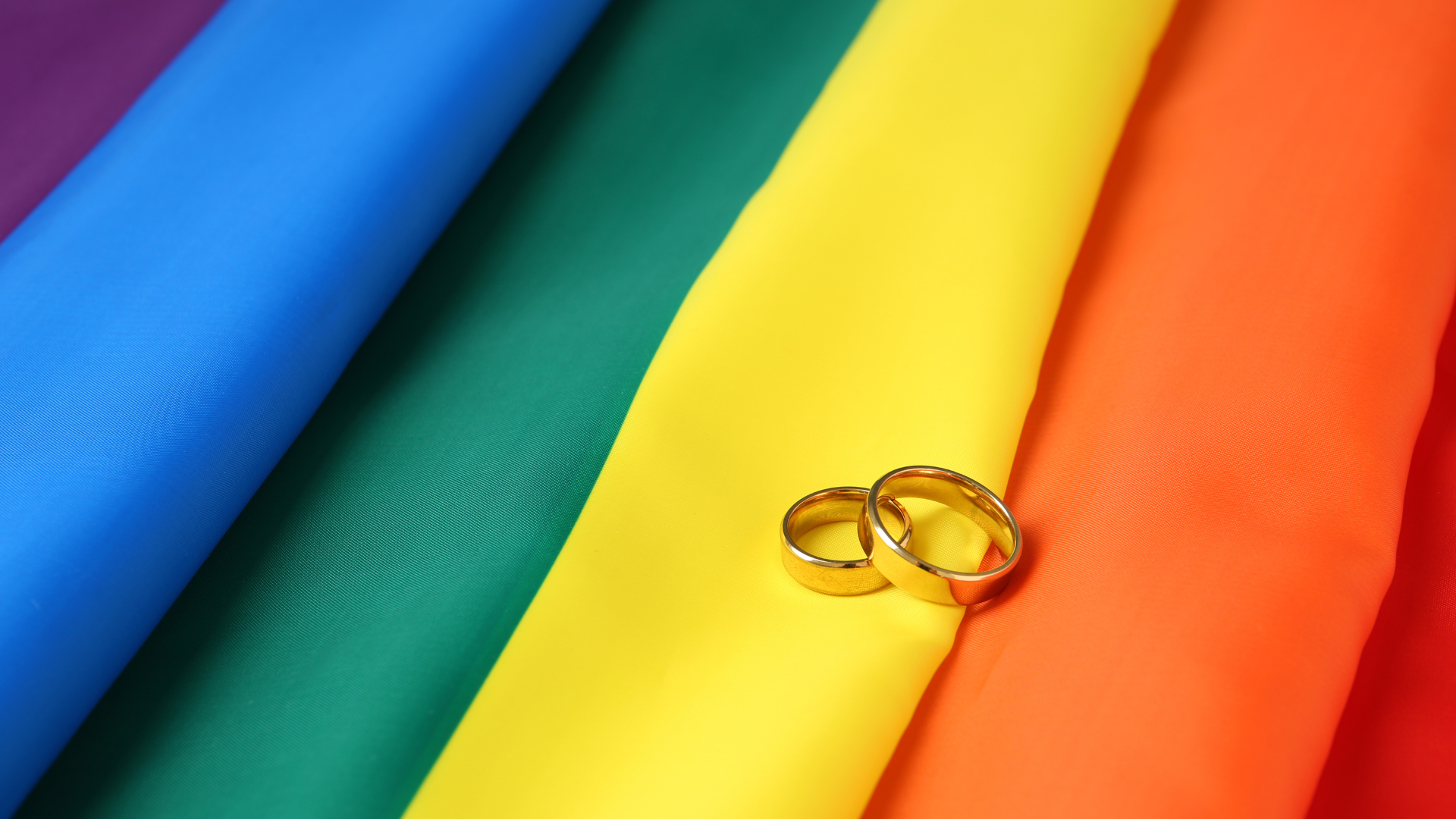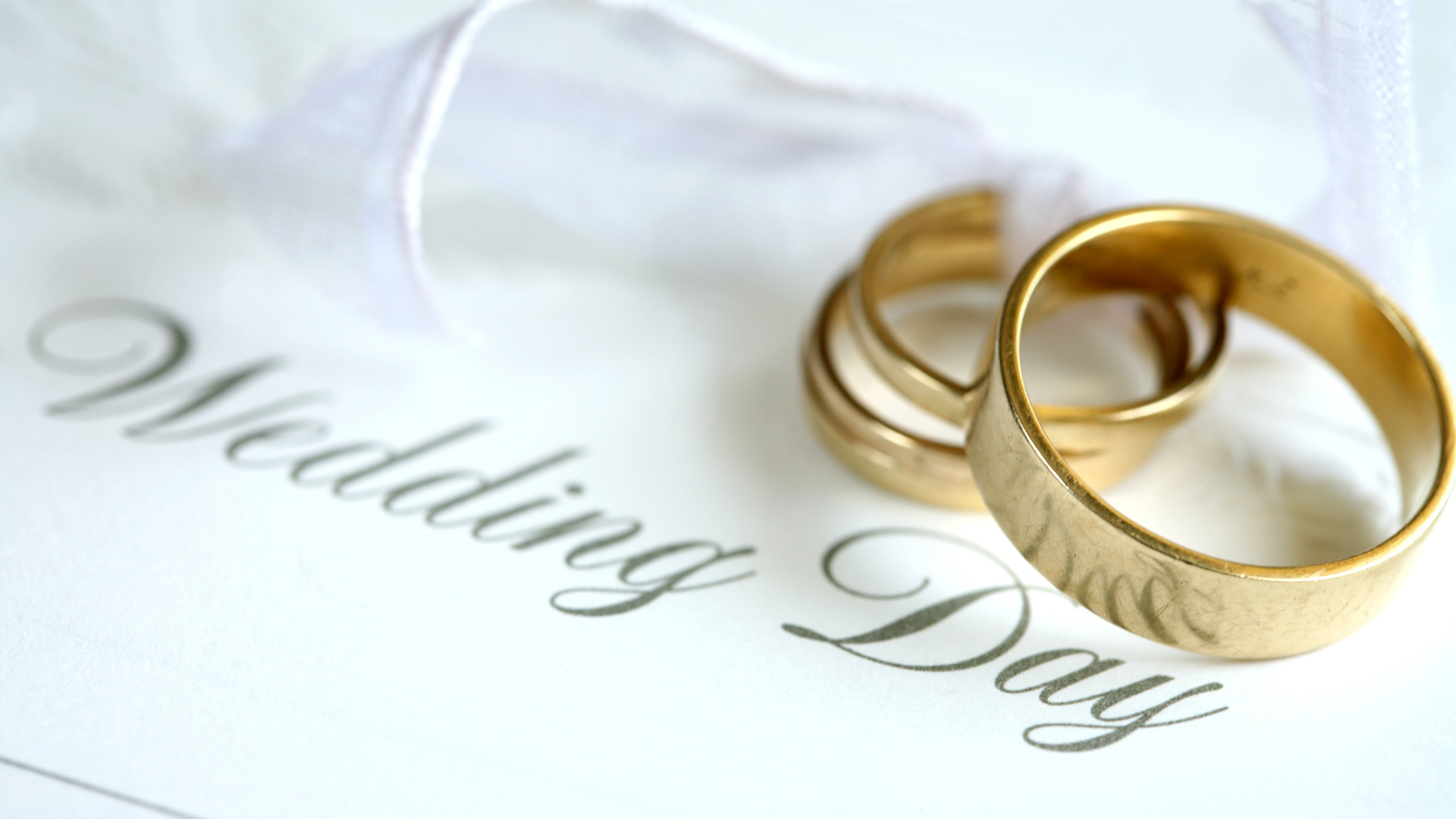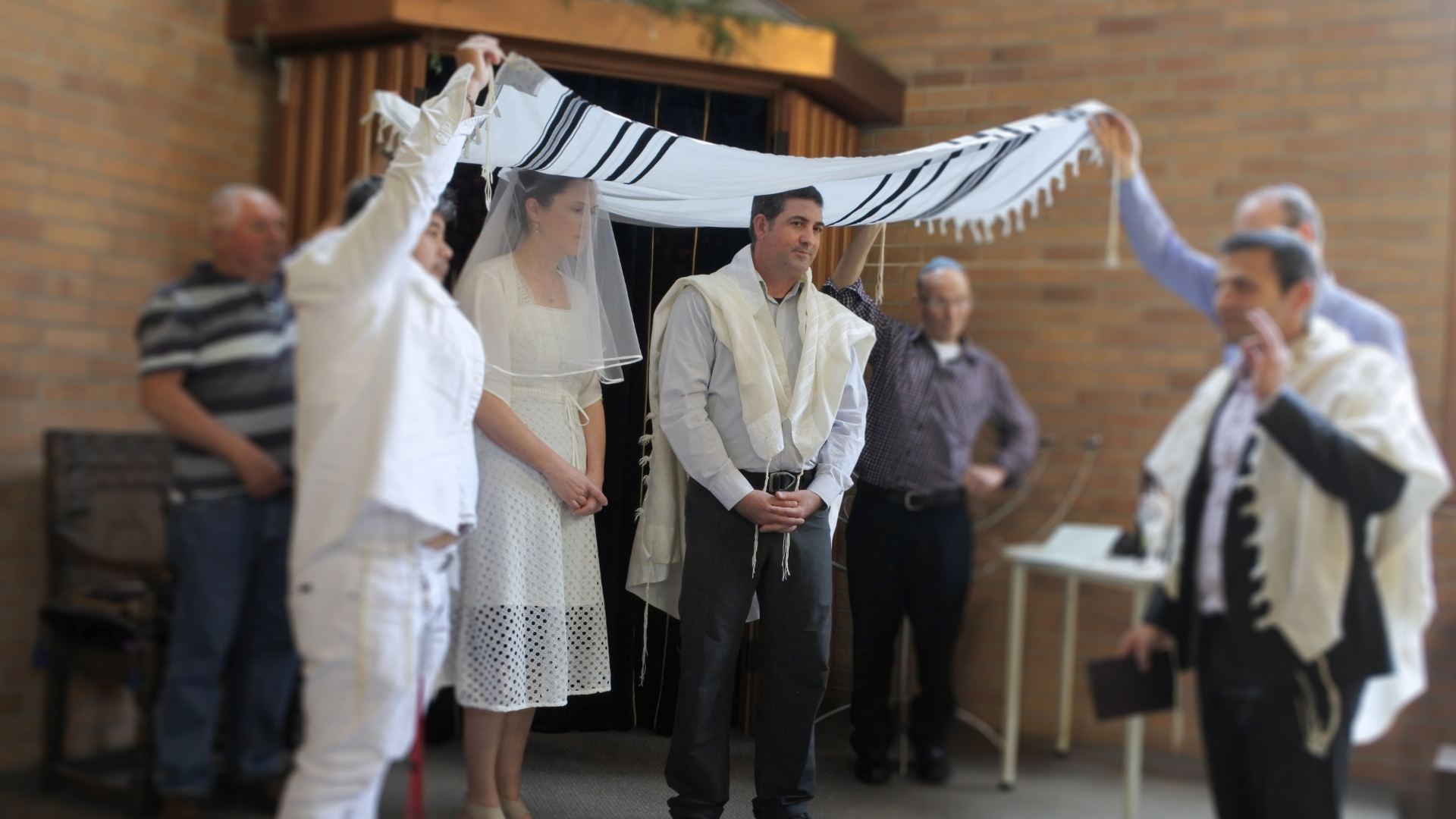Jewish Funerals
Jewish Funerals
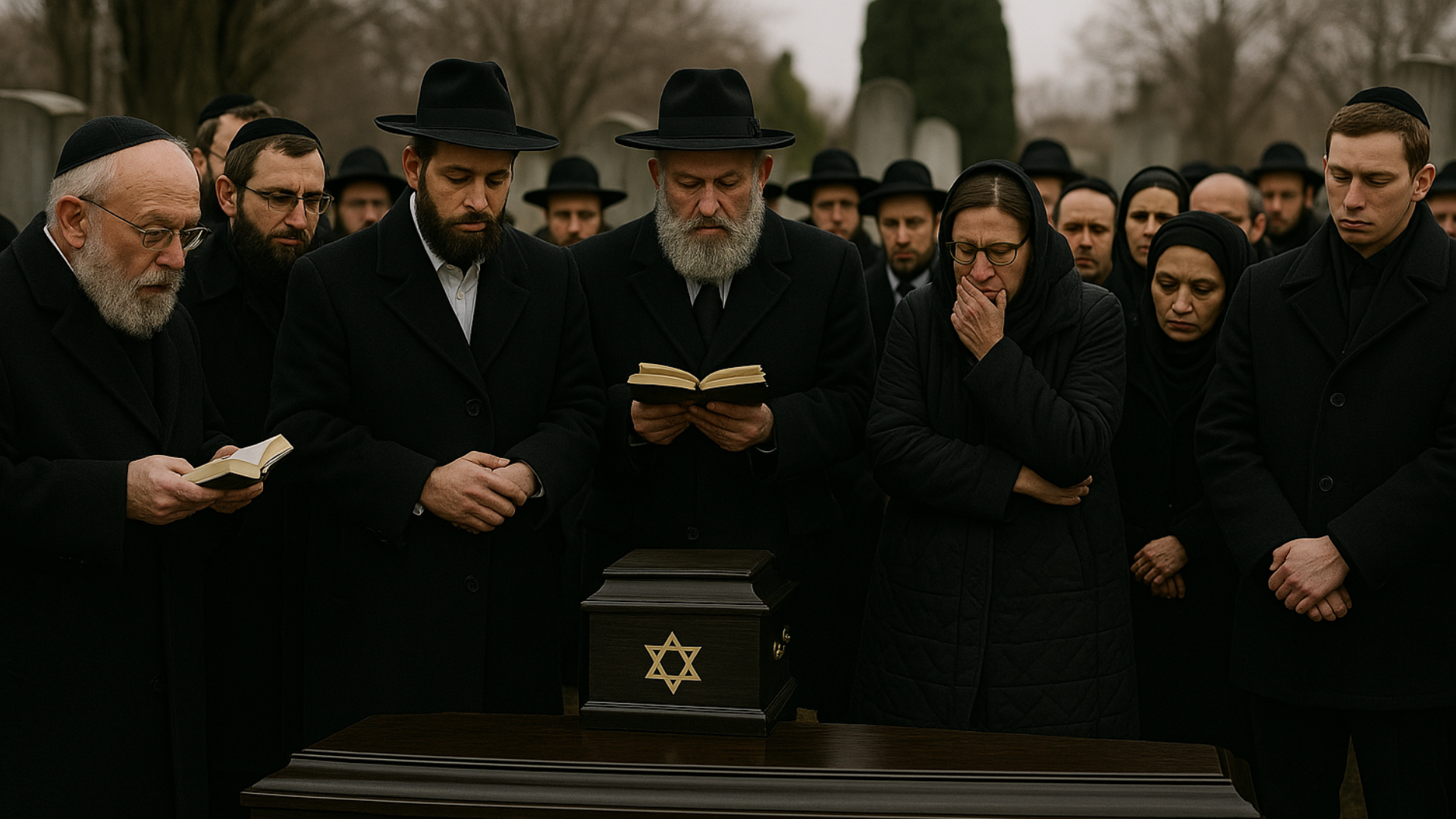
In many cultures, death and the rituals surrounding it hold great significance. For Jewish communities,
Jewish Funerals are deeply rooted in tradition and custom, focusing on respect, remembrance, and the soul's journey to the afterlife. These funerals are an essential part of Jewish life, ensuring the deceased is honored in a way that aligns with religious principles.
Understanding the rites and customs of
Jewish Funerals can help you better appreciate the meaning behind these solemn ceremonies.
What are Jewish Funerals?

Jewish funerals are grounded in centuries of tradition and religious law, with each part of the process carrying spiritual significance. At the heart of the ceremony is a deep respect for the deceased and a commitment to comforting those left behind. From the moment of death, Jewish law outlines clear steps for handling the body with dignity—beginning with the ritual washing known as tahara, performed by the chevra kadisha (a sacred burial society), followed by dressing the body in simple white shrouds. These acts reflect the belief in equality before God, regardless of one’s status in life.
The funeral itself is usually held within 24 hours when possible, in line with Jewish customs. Services may take place at a funeral home, synagogue, or graveside, depending on community practice and family preference. During the ceremony, psalms are recited, eulogies may be delivered, and the mourners often tear a garment or wear a ribbon in a custom called keriah, symbolizing the pain of loss.
Central to the service is the recitation of the Kaddish, a prayer that doesn’t speak of death but instead praises God and reaffirms life. Burial is carried out as soon as possible, with attendees sometimes participating by placing earth on the coffin—an act seen as both a final kindness and a sign of closure. Throughout the entire process, the emphasis remains on humility, honor, and the belief that the soul continues its journey beyond this life.
How Are Jewish Funerals Different from Other Funerals?
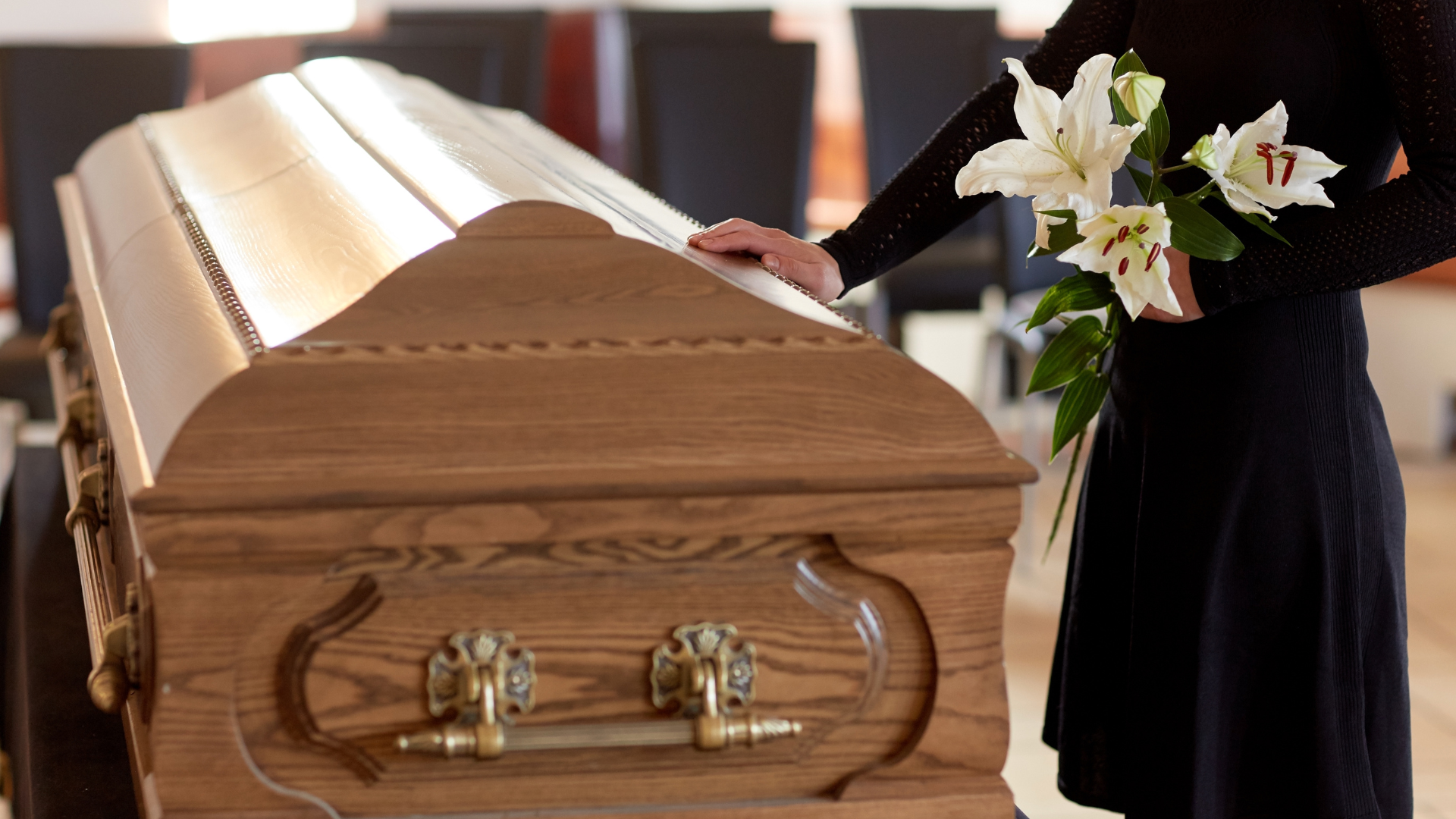
Unlike some other funeral traditions, Jewish funerals focus on simplicity and modesty. The body is prepared by the Chevra Kadisha, a group of volunteers who ensure the deceased is treated with the utmost respect. The funeral itself is simple, avoiding extravagant displays. This approach reflects the belief in the equality of all individuals in death.
Another notable difference is the timeline. In many cultures, funerals may take place several days or even weeks after a person passes. In Jewish tradition, burial is typically carried out as quickly as possible—often within 24 hours. There are no embalming practices or open casket viewings, as preserving or altering the body is generally discouraged. The focus is not on the visual presentation of the deceased but rather on honoring their memory through prayer, community, and the continuity of faith.
There are several key rituals performed during a Jewish funeral. The body is washed and dressed in simple shrouds, typically a white linen garment. During the service, prayers are recited, and the body is taken to the cemetery for burial. The mourners say Kaddish, a prayer that praises God and affirms life. A unique ritual involves placing earth on the coffin to symbolize the return of the body to the earth.
What Happens After a Jewish Funeral?
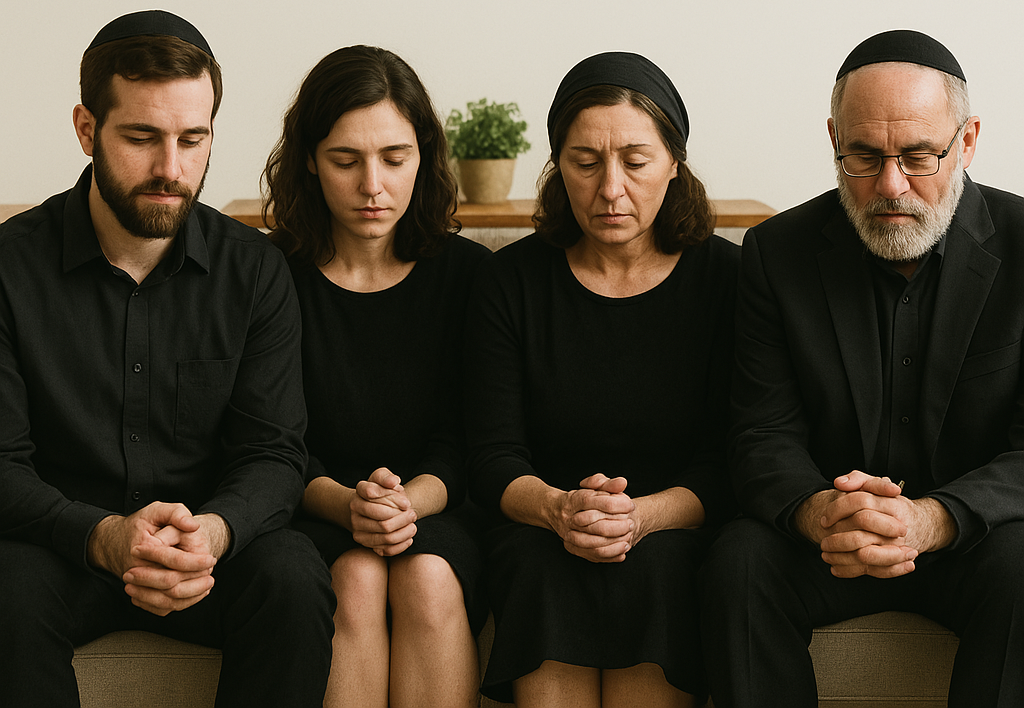
After the burial, the mourning process in Judaism doesn’t end—it transitions into a structured period meant to help the living grieve and heal. The first and most immediate stage is called Shiva, which lasts for seven days. During Shiva, the mourners—typically immediate family members such as parents, children, siblings, and spouses—stay at home and receive visitors who come to offer comfort and companionship. This is a time for quiet reflection, shared memories, and emotional support from the community.
Jewish mourning customs during Shiva are intentionally designed to shift the mourner’s focus inward. Mirrors are often covered, music is avoided, and mourners refrain from work, social outings, and grooming practices like shaving or wearing makeup. These customs help create space for grief without outside distractions. Friends and neighbors usually bring meals so the mourners don’t have to worry about daily tasks and can concentrate on healing.
Prayer services are often held in the home during Shiva, with the Kaddish recited each day. This creates a rhythm to the mourning and ensures a spiritual connection to the deceased remains strong. Visitors typically offer brief, heartfelt condolences and listen more than they speak. It's not about “cheering someone up,” but about simply being present.
After Shiva, mourning continues in gradually decreasing intensity. Shloshim, the 30-day period following the burial, allows mourners to return to work and regular life, but they still avoid festive events. For those mourning a parent, the mourning period lasts an entire year, marked by daily Kaddish and other acts of remembrance.
These customs reflect the Jewish view that mourning is a process—one that honors both the pain of loss and the value of the life that was lived.
Jewish funerals are filled with meaning and tradition, designed to honor the deceased while providing comfort to the living. Understanding these customs can deepen your respect for the traditions and rituals observed during these moments. If you want to learn more about Jewish customs, or if you’re preparing for a funeral, consider reaching out to a local rabbi or funeral

All Rights Reserved | Lifecycle Events
